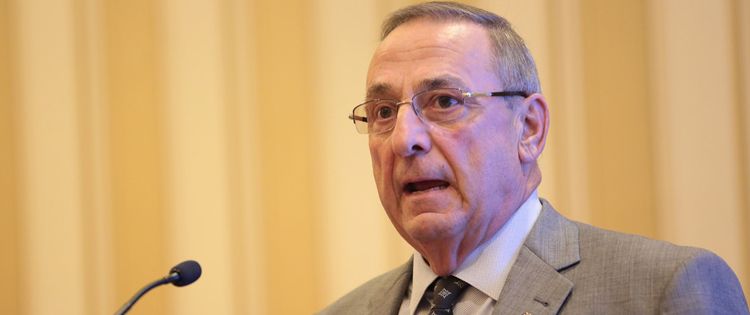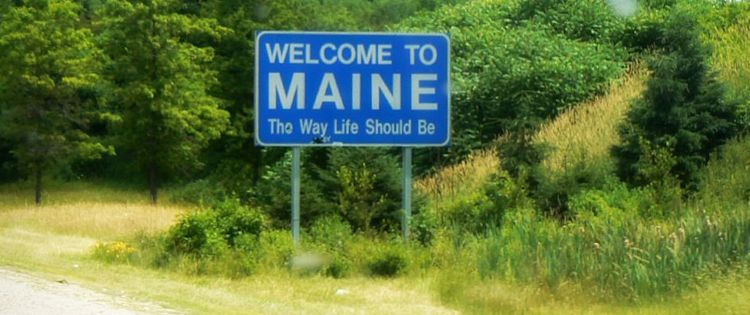An overwhelming vote from Maine’s House of Representative overrode Governor Paul LePage’s veto to finally permit the sale of adult-use marijuana in the state.
The house of representatives of Maine dominated the veto with a crushing 103-39 vote, while the Senate also voted in overwhelming majority with a 28-6 vote according to the Portland Press Herald.
The possession of marijuana for recreational use was decriminalized in 2016 but there has been no development on creating a process that would make the sale of cannabis in the state legal, due to the Governor’s veto.
LePage vetoed the resolution Contending that it would infringe the federal law.

Governor LePage was also concerned that if the adult use of the marijuana was to be legalized, the adult use program would establish a second set of rules and taxes on the substance, in addition to the existing medical cannabis program in Maine.
This law proposed by the special legislative committee hopes to get rid of cannabis social clubs and control the people of Maine from growing their own cannabis plants. In exchange, they would allow retailers to sell to marijuana enthusiasts and users come next year.
The House’s override of the veto came as Maine’s legislature weighed roughly twenty vetoes from the governor’s office.
Although LePage has different views of the topic, Maine reshaped its employment landscape during his term.

On Feb. 1, 2018, Maine officially began prohibiting employers from refusing to employ people or taking adverse actions against employees for their cannabis use while off-duty and off of their employer’s property.
Employers may not test new applicants for marijuana, either. It’s the first state in the country to put a law on its books barring employers from treating cannabis users unfairly.
The passed law also requires Maine employers to have written drug-testing policies that are approved by the Maine Department of Labor, should they choose to do drug tests.
To gain approval, employers have to address specific topics that include what positions will be tested, the substances that’ll be tested, the cutoff level for a “failed” test, and the consequences of a failed test.
Despite the strict regulations, it’s worth pointing out that Maine’s marijuana legalization law doesn’t completely remove the ability of employers to police cannabis.
For instance, employers are still within their rights to bar cannabis possession in the workplace, as well as discipline employees who are under the influence of cannabis. However, according to the Maine Department of Labor, an employee’s positive drug test alone isn’t enough to definitively prove that he or she is under the influence of cannabis.

Also, employers that are required to comply with federally mandated marijuana testing, such as employees of the U.S. Department of Transportation, aren’t subject to Maine’s marijuana legalization law.
Nonetheless, Maine is setting an example that other legalized states may follow, assuming its employment policies work well.
Share your views in the comments section below.
- How Commercial Cannabis Growers Can Benefit from Using a Software - May 17, 2019
- Understanding CBD Interactions and Why CBD and Your Brain Can Be Best Friends - January 4, 2019
- The Difference Between Using THC and CBD - December 19, 2018


